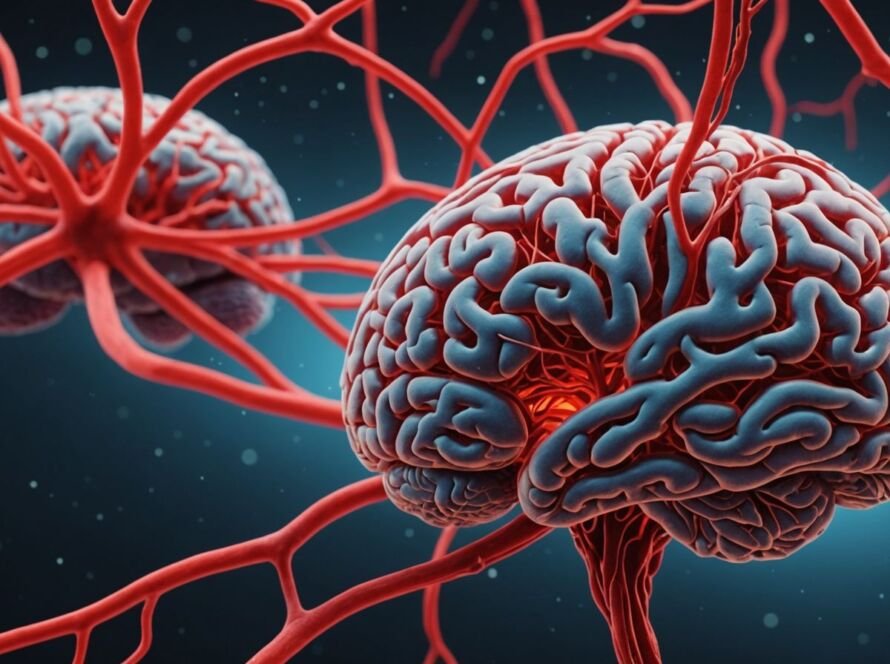Researchers have turned to the popular TV series Game of Thrones to gain new insights into prosopagnosia, or face blindness, a condition that affects facial recognition in approximately 1 in 50 people. The study reveals how the brain connects faces with personal knowledge, which is crucial for social interactions and mental health.
Key Takeaways
- Game of Thrones was used to study brain activity in recognizing familiar faces.
- Fans of the show showed increased brain activity in regions linked to character knowledge.
- People with prosopagnosia showed reduced neural connections, affecting face recognition.
The Study
Psychologists from the University of York conducted a study involving over 70 participants, half of whom were familiar with Game of Thrones and the other half had never seen the series. The researchers used MRI scans to observe brain activity as participants watched footage from the show.
When familiar characters appeared on screen, neurotypical participants who knew the characters showed increased brain activity in regions associated with non-visual knowledge, such as character traits and personal experiences. This connection was significantly reduced in participants who had never watched the series.
Insights into Prosopagnosia
To further understand the role of these brain regions in face recognition, the study was repeated with participants who have prosopagnosia. The results were consistent: those with face blindness did not show the same brain activity patterns as neurotypical participants. The connections between visual and non-visual brain regions were also reduced in people with prosopagnosia.
Importance of Personal Knowledge
Senior author Professor Tim Andrews explained that the study suggests facial recognition relies on connecting a face with personal knowledge about the person, not just their visual features. This connection is essential for daily life and social interactions, and its absence can lead to significant mental health issues and social anxiety.
Real-Life Application
Lead author and PhD student Kira Noad highlighted the importance of using dynamic, real-life scenarios for such studies. Unlike previous research that used static images, this study used video footage to better mimic real-life conditions.
Future Research
The researchers plan to conduct further studies to explore how different brain regions work together to recognize faces and what factors can disrupt this process. This research could lead to better understanding and treatment options for those affected by prosopagnosia.
Sources
- Researchers Use Game of Thrones to Study Face Blindness – Neuroscience News, Neuroscience News.

